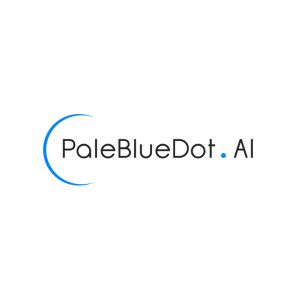Startups & Business News
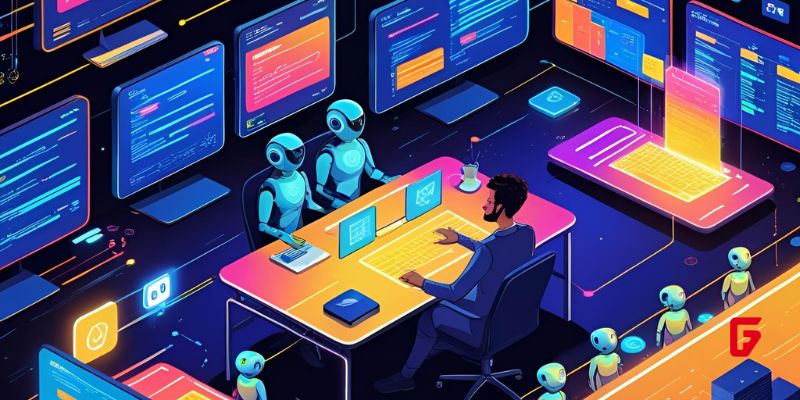
The world of AI-powered software development just took another leap forward. Cursor, the AI coding editor that’s been making waves in developer circles, has launched a new web app that lets users manage a network of AI coding agents directly from their browser—no IDE required. Here’s what’s new, why it matters, and what it signals for the future of coding.
Beyond the IDE: Cursor’s Expanding Ecosystem
Cursor started as an AI-powered integrated development environment (IDE), quickly earning a reputation for streamlining coding tasks and boosting productivity. But the team at Anysphere, the company behind Cursor, hasn’t stopped there. Their recent moves show a clear mission: make AI coding agents accessible wherever developers are working.
May: Cursor launched “background agents”—AI systems that autonomously tackle coding tasks without constant user input.
June: Slack integration arrived, letting teams assign tasks to agents simply by tagging @Cursor, echoing the workflow of other agentic tools like Devin.
Now: The new web app brings this agent management to any browser, desktop or mobile, letting developers assign, track, and merge code changes on the fly.
How the Cursor Web App Works
The web app is designed for natural language interaction. Developers can send requests like “add a login feature” or “fix this bug” straight from their browser. The agents get to work, and users can:
Monitor progress of multiple agents in real time
View and merge code changes directly from the web interface
Share agent tasks with teammates via unique links for easy collaboration
If an agent hits a wall, developers can jump into the full IDE and pick up right where the AI left off.
Who Gets Access?
The web app is available to anyone with access to Cursor’s background agents. That includes subscribers on the $20/month Pro plan and up, but not users on the free tier.
Why This Matters: Reducing Friction, Boosting Productivity
Cursor’s head of product engineering, Andrew Milich, describes these updates as part of a push to “remove the friction” for users. The idea is to let developers focus on higher-level problem solving, while AI agents handle routine or repetitive tasks.
With Cursor now reportedly used by over half the Fortune 500—including giants like NVIDIA, Uber, and Adobe—the appetite for agentic coding tools is clear. Anysphere’s CEO, Michael Truell, even predicts that by 2026, AI coding agents could take on at least 20% of a typical software engineer’s workload.
The Bigger Picture: Are AI Coding Agents Ready for Prime Time?
Cursor isn’t the first to ship AI coding agents, but the team is keen to avoid the pitfalls of “demo-ware”—AI tools that look impressive in demos but stumble in real-world use. Advances in AI reasoning models are making these agents more reliable and capable, but the company is moving carefully to ensure the tech delivers on its promise.
Cursor’s new web app is more than just a convenience—it’s a sign that AI coding agents are moving from novelty to necessity in modern software development. If you’re a developer looking to offload grunt work and focus on what matters, it might be time to see what these browser-based agents can do.

futureTEKnow
Editorial Team
futureTEKnow is a leading source for Technology, Startups, and Business News, spotlighting the most innovative companies and breakthrough trends in emerging tech sectors like Artificial Intelligence (AI), Robotics, and the Space Industry.
Discover the companies and startups shaping tomorrow — explore the future of technology today.
Trending Companies
Latest Articles

Dwelly Raises $93M to Supercharge AI-Powered UK Rentals Roll-Up
London startup Dwelly just landed $93M to snap up UK rental agencies and inject AI smarts. Founders from Uber and
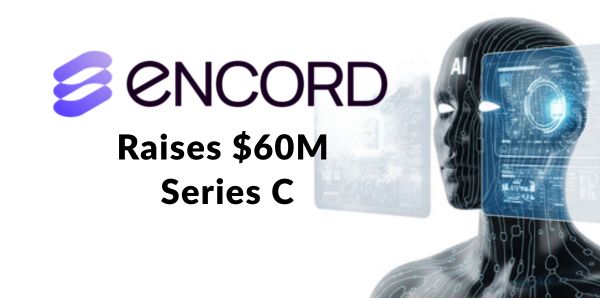
Encord Raises $60M Series C: Fueling Physical AI Data Wave
Encord just landed $60M in Series C funding to supercharge data tools for physical AI. Founders Eric Landau and Ulrik

Foodforecast Raises €8M Series A to Slash Ultra-Fresh Food Waste with AI
Foodforecast, a Cologne AI foodtech firm, just scored €8M in Series A funding led by SHIFT Invest. Their tools predict

AI-Driven Operational Excellence: How Leaders Scale Ownership, Discipline, and Continuous Improvement in 2026
In 2026, AI scales operational excellence fundamentals—clear ownership, disciplined execution, and continuous improvement—letting leaders focus on outcomes while systems handle
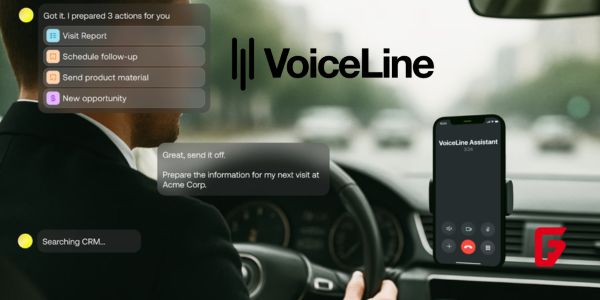
VoiceLine raises €10M to scale voice AI for enterprise frontline teams
Munich-based VoiceLine has closed a €10M Series A round to grow its voice AI platform for frontline sales and service

AI-Driven Logistics & Distribution Transformation: From Insight to Scalable Impact
AI is redefining logistics transformation—from network design to real-time execution. This article explores how data-driven insight, intelligent automation, and scalable
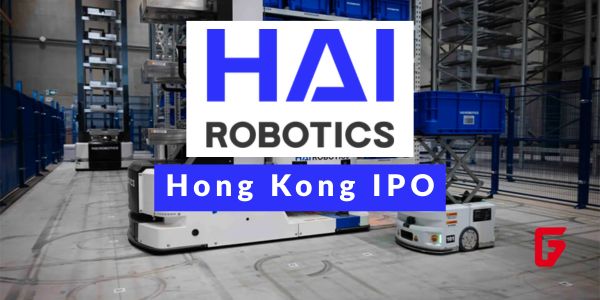
Hai Robotics Hong Kong IPO: From Startup Funding to Warehouse Robot Leader
Shenzhen’s Hai Robotics, pioneer in ACR warehouse robots, files for HK IPO after raising over $500M in funding rounds led

AI-Enabled Process Engineering & Continuous Improvement: Designing Systems That Learn
Explore how AI transforms process engineering and continuous improvement into self-learning systems. This article explains how organizations can design operations
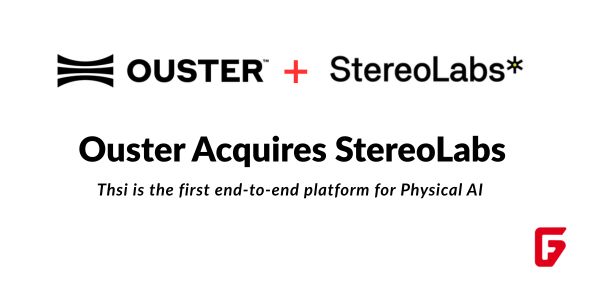
Ouster Acquires StereoLabs: Unified Physical AI Sensing Platform Launches
Ouster’s $35M StereoLabs acquisition fuses lidar and ZED cameras into end-to-end Physical AI sensing. Founders Cecile Schmollgruber and team drive
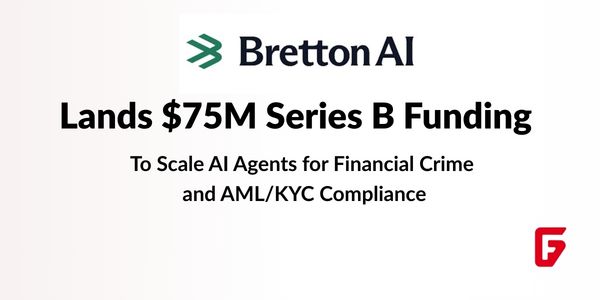
Bretton AI Lands $75M Series B Funding to Scale AI Agents for Financial Crime and AML/KYC Compliance
Bretton AI’s $75M Series B modernizes AML KYC compliance via AI agents, slashing staffing costs for banks and fintechs like

Axiom Space Raises $350M to Build Commercial Space Station and NASA Spacesuits
Axiom Space has locked in a fresh $350M raise to push its commercial space station and NASA lunar spacesuits toward

Santé Raises $7.6M Seed: AI Fintech Revolution for Wine and Liquor Retail
New York startup Santé secures $7.6M seed to build AI-powered POS for liquor stores, tackling regs & inventory woes after
futureTEKnow is focused on identifying and promoting creators, disruptors and innovators, and serving as a vital resource for those interested in the latest advancements in technology.
© 2026 All Rights Reserved.
![Discover the top 10 AI companies in Germany [1st Edition], revolutionizing industries with cutting-edge technology and innovations.](https://futureteknow.com/wp-content/uploads/2025/02/Top-10-AI-Companies-in-Germany-Leading-the-Tech-Revolution-futureTEKnow.jpg)





